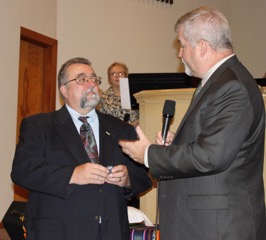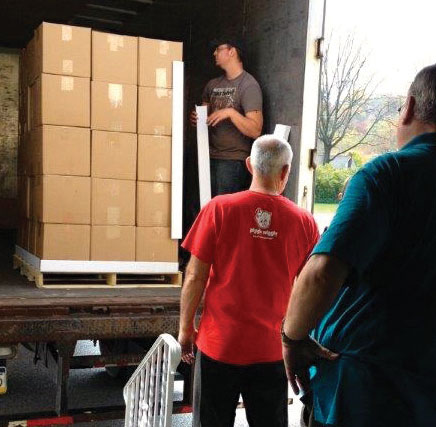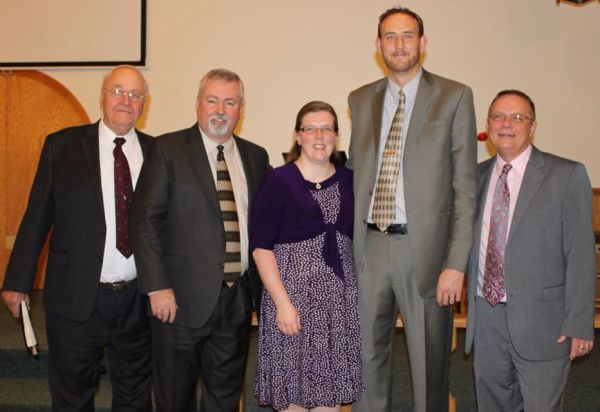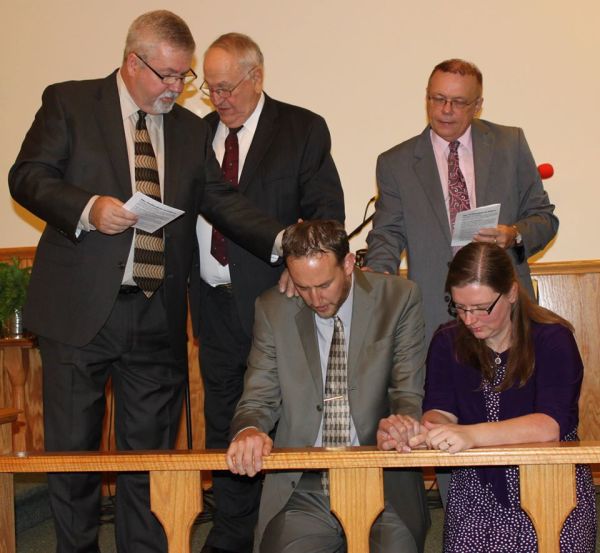08 Dec Mattru Hospital: First Ebola Death
Our Mattru Hospital in Sierra Leone has had its first Ebola death. Jeff Bleijerveld, Director of Global Ministries, learned of the situation through an email with Bishop John Pessima and a phone conversation with Dr. Richard Toupin.
The patient came from a village two miles away. It’s not known how that person contracted Ebola, and that is a matter of high concern. The village is now under quarantine.
Also under quarantine are 13 staff at Mattru Hospital. They include one doctor and nine nurses; the rest are administrative or support staff. One of those nurses is the wife of Rev. Bondo, who pastors the Fleming Memorial United Brethren church next to the hospital.
The Bonthe District, where the hospital is located, has been kept largely free from Ebola.
Bishop Pessima will be notifying Jeff Bleijerveld of the hospital’s needs, which will include relief supplies for the persons being quarantined. Jeff says that, thanks to generous donations already made, Global Ministries will be able to respond immediately. Today, December 8, we are sending $1000 to help with the situation.


 Bishop John Pessima (right) of Sierra Leone Conference reports that the Ebola crisis has crippled the economy and basic food prices have soared. Offerings have been taken locally, and rice has been purchased and distributed among UB churches. But their resources are limited.
Bishop John Pessima (right) of Sierra Leone Conference reports that the Ebola crisis has crippled the economy and basic food prices have soared. Offerings have been taken locally, and rice has been purchased and distributed among UB churches. But their resources are limited.


